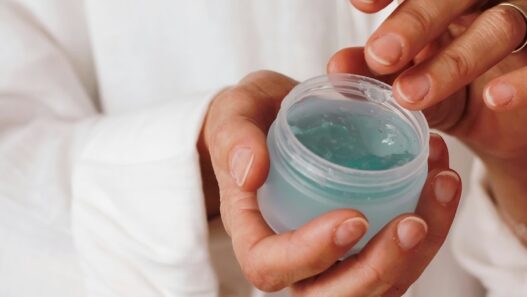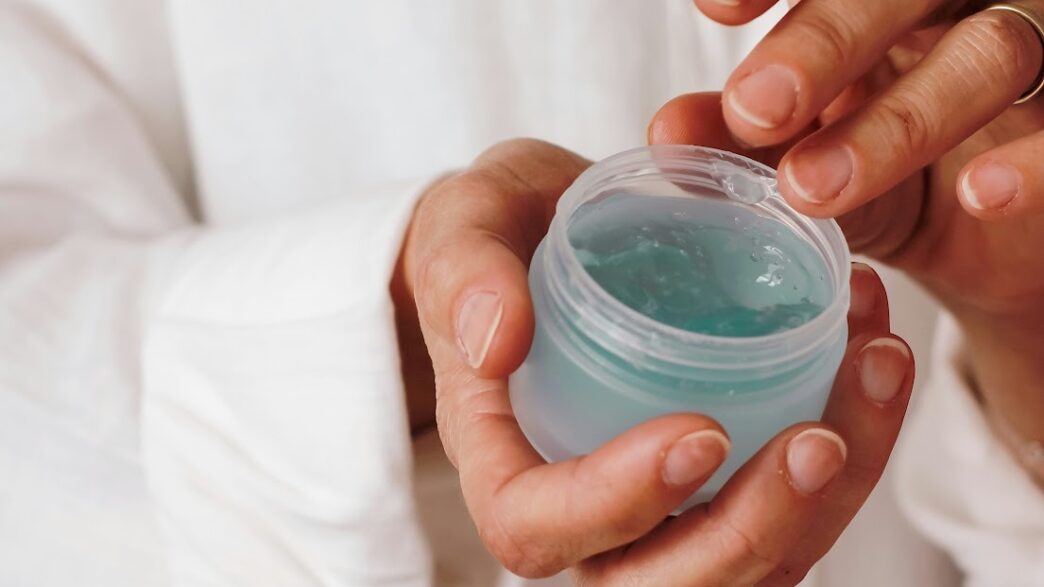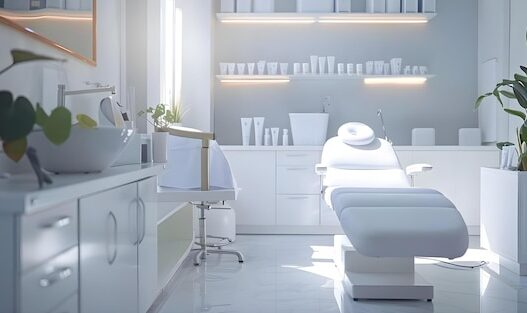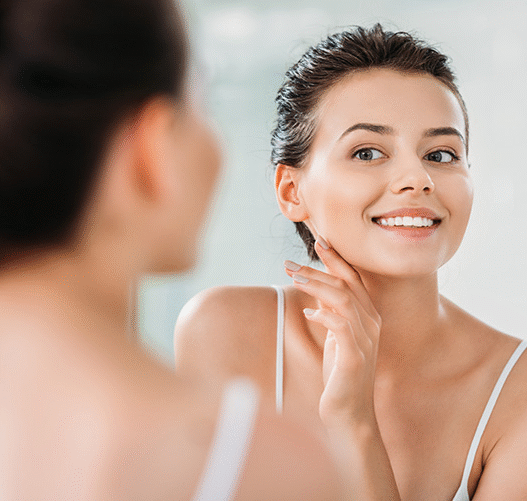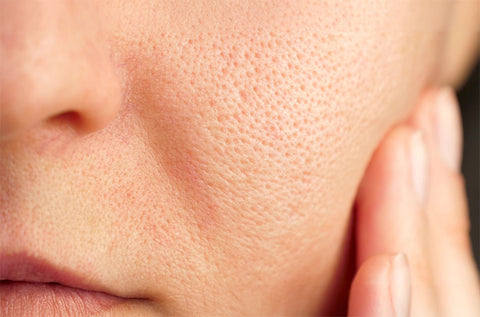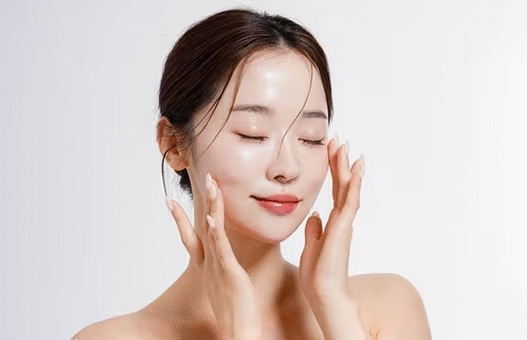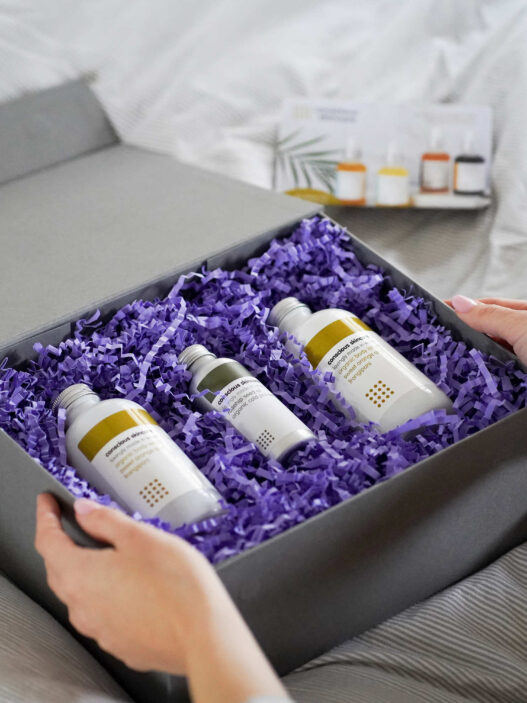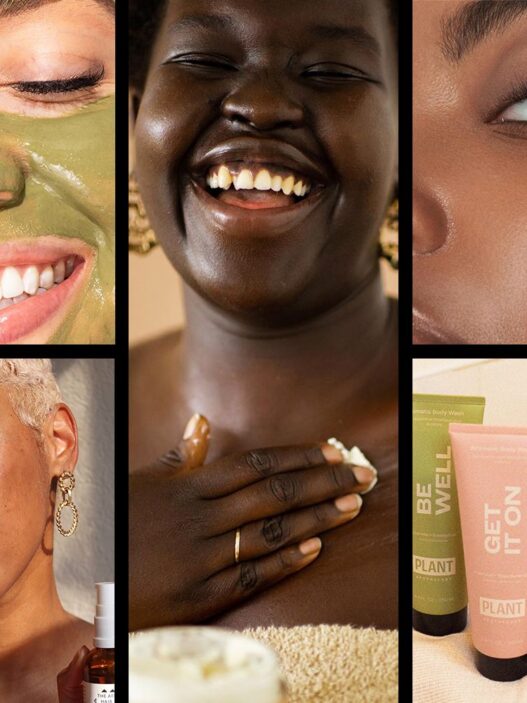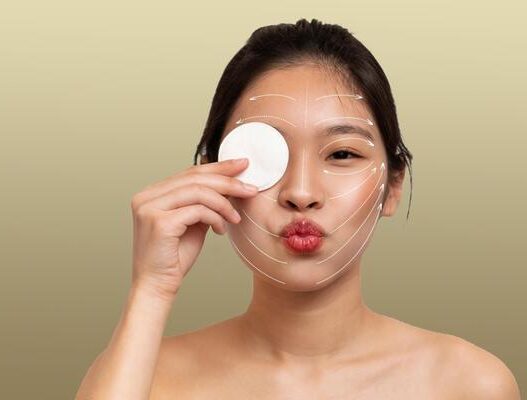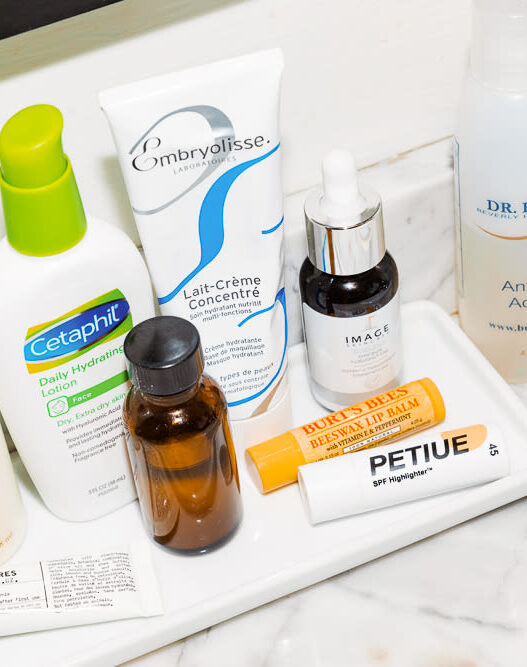Skincare is not just a luxury or beauty trend, it is now an integral component of personal wellness. As skin health becomes more widely discussed and understood, we are moving from simply purchasing beauty products to asking ourselves how to treat our skin for long-term vitality.
Our skin is the largest organ of our body, and it does an important job for us by working to protect our bodies from the pollutive world, UV exposure, bacteria, and other stressors from the environment.
Caring for our skin is more than just improving its appearance, it has important effects on overall health.
This article will review the multiple elements of skincare treatment including professional treatments, homecare considerations, natural remedies, and lifestyle factors that encourage or discourage the development of healthy and glowing skin.
Why Skincare is Important
The skin serves a crucial role in protecting internal organs, regulating body temperature, and acting as the first line of defense against harmful environmental influences.
Failure to care for the skin can lead to premature aging, acne breakouts, hyperpigmentation, dryness, and even diseases of the skin.
The goal of skincare treatments is to restore balance, repair damage, and support the skin barrier while addressing skin concerns such as uneven tone, wrinkles, sunspots, and loss of elasticity.
In today’s modern era, skincare is not just a beauty treatment; it is preventive healthcare. A good skincare treatment plan helps support a resilient skin barrier from external stressors while also preserving a youthful appearance.
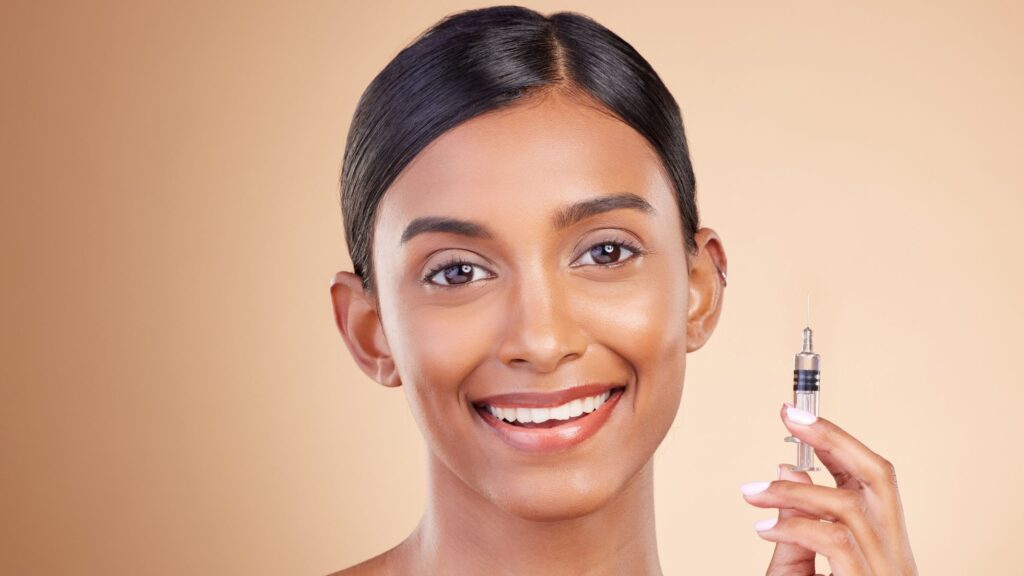
Professional Skincare Treatments
Dermatologists and skincare specialists perform advanced procedures targeted to particular concerns. There are a variety of popular treatments. Examples of several of these include:
- Chemical peels: These perform very well using safe acids, such as glycolic or salicylic acid, to exfoliate the top layer of the skin to improve skin texture, reduce scars and pigmentation.
- Microdermabrasion: A non-invasive procedure that carefully uses crystals to remove dead skin to promote new cell growth and improve the tone of the skin.
- Laser therapy: Very effective in treating acne scars and pigmentation. Lasers use targeted laser light to penetrate down to the deeper skin layers and stimulate the production of collagen.
- Microneedling: The process of using tiny needles to stimulate the skin’s repair process. This improves the elasticity of the skin, particularly by reducing fine lines, around the eyes and mouth.
- Facial treatment: Experienced providers design deep-cleansing facials, hydrating masks and oxygen infusion treatments to nourish and rejuvenate skin.
Whatever treatment you you may want to try, professional consultation is imperative to ensure safety and consideration for different skin types.
At-Home Skincare Treatment Routines
While professional treatments can provide good indication of significant skin care, at-home skincare routines will be just as vital for long term care. Most at-home skincare routines are composed of basic, but important steps such as the following:
- Cleansing: Essential for removing dirt, excess oil, and impurities. Gentle cleansers are recommend to prevent stripping away natural oils from the skin.
- Exfoliation: Using scrubs or mild acids (e.g. AHA/BHA), one to two times a week will help remove dead the skin.
- Moisturizing: Helps keep the skin hydrated and helps to prevent dryness and or flaking.
- Sun protection: Using sunscreens and reapplying daily can help prevent premature aging.
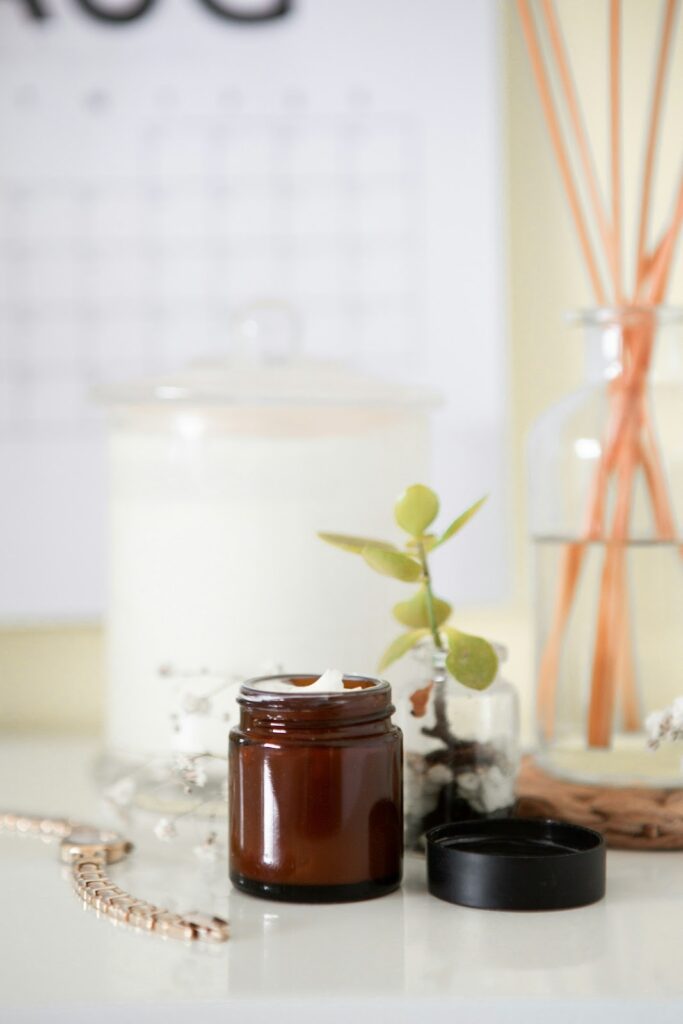
It’s important to regularly practice maintenance to preserve the results of professional services and avoid damage once again.
Herbal And Natural Skincare Treatment Remedies
Many people select natural remedies based on the low incidence of side effects. Here are some things that can work:
- Aloe Vera: Alleviates irritation, decreases inflammation, and promotes healing.
- Honey: A natural antibacterial and hydrating ingredient.
- Turmeric: Has anti-inflammatory and antioxidant properties that brighten the skin.
- Green Tea Extracts: Contains antioxidants that help defend against environmental damage.
- Essential Oils: Tea tree oil for acne, rosehip oil for scars, and lavender oil to soothe sensitive skin.
Natural remedies are beneficial, but patch testing is very important to ensure allergic response does not occur.
Skin care treatment for skin type
Each skin type has specific characteristics and should have specific treatment, so here are my thoughts:
- Everyone with oily skin characteristics typically requires oil-regulating products, exfoliating once a week, and a moisturizer that is non-comedogenic. There are also treatments that will help manage extra oil on the face, such as, salicylic acid facials and clay masks.
- Everyone with dry skin characteristics typically requires hydrating serums for moisture, a rich moisturizer, and gentle cleansers. For example, you may choose a more advanced treatment such as hyaluronic infusion or a deep hydration facial.
- Individuals with sensitive skin characteristics should avoid all harsh chemicals; treatments should be prescribed with either chamomile, calendula, or oatmeal in mind for skin calming.
- People with combination skin typically will need both treatments, oil control for their T-zone and hydration for dry areas.
Conclusion
Treatment for your skin is an investment, not just into appearance but your overall health of your skin. Skin care options range from professional procedures to simple home-remedy skincare treatments. There is an option for everyone who chooses to treat their skin.
A miraculous skin treatment does not exist, but the key to healthy glowing skin includes a whole person approached with external skin treatments to what the person puts in their body such as food, hydration, and overall wellbeing options that affect lifestyle in all ways.
By understanding one’s skin type and choosing the right treatments, anyone can achieve healthy, glowing, and youthful skin.






